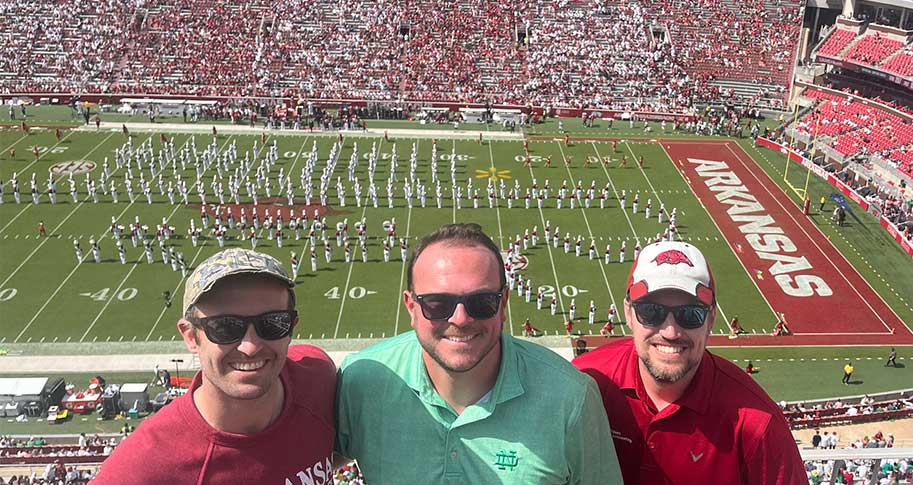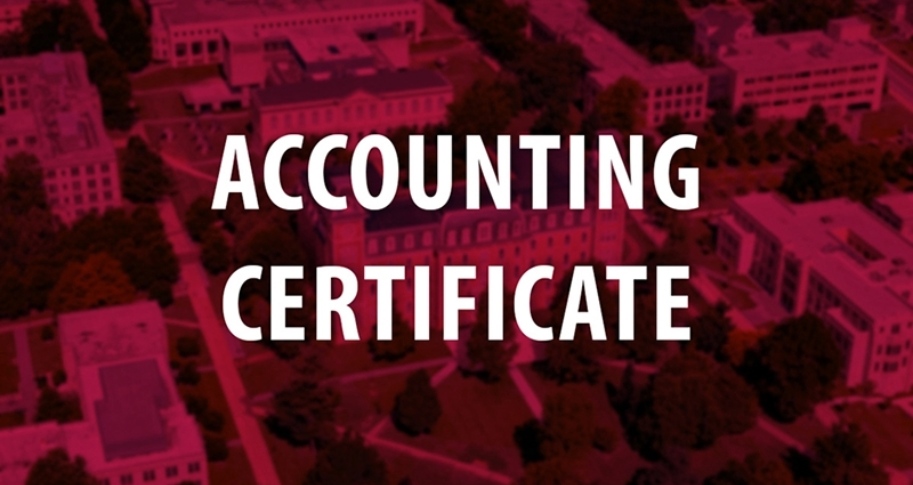Program Schedule
ACCT 51203: Corporate Governance and Professionalism
Aspects of corporate governance related to establishing an ethical corporate culture
are addressed. The course examines various aspects of accounting and business ethics
including frameworks for ethical reasoning; professional values - including integrity,
objectivity, accounting independence, and professional skepticism; and other core
values relevant for accountants. Accounting professional ethics codes and rules are
also addressed. Corporate governance structures are examined.
ACCT 54103: Advanced Financial Accounting
Integrated course which examines the financial reporting, tax, managerial, systems
and auditing aspects of major corporate restructurings arising from events such as
mergers, acquisitions, spinoffs, reorganizations and downsizing.
ACCT 55203: Advanced Accounting Information Systems
This course describes accounting systems in technologically advanced environments.
Controls and other technical design considerations are described for the input, processing,
storage, and reporting of accounting information. Special topics, such as expert systems
and artificial intelligence applications in financial accounting, auditing, and tax
also receive considerable attention.
ACCT 5350V: Professional Accounting Internship or General Graduate Business Elective
This course allows a student to experience an internship within a business and benefit
from the applied experience. The internship may be designed to offer a wide range
of professional accounting experiences in Industry or Public Accounting. The internship
must be supervised by a faculty member as well as a member of the firm. MACC Director
approval required.
Areas of Concentration: 18 credit hours
Electives in the concentrations are chosen by the student in consultation with and
approval of the MPA Program Director in the Department of Accounting (ACCT). With
the approval of the MPA Program Director, senior-level (4000+) courses may be taken
for graduate credit.
For a more in-depth listing, view the academic catalog.
AACSB Accreditation
Department of Accounting programs are accredited by the AACSB International – The
Association to Advance Collegiate Schools of Business. AACSB accreditation assures
quality and promotes excellence and continuous improvement in undergraduate and graduate
education for business administration and accounting.

Students from all academic backgrounds are encouraged to apply.
After admission, the student must maintain a 3.00 grade-point average on all graduate
coursework and all accounting coursework.
Prerequisites required for entry to the program include the following:
- Microeconomics and Macroeconomics
- Finite Math or Calculus
- Basic Statistics
- Business Law
- Management
- Management Information Systems
- Corporate Finance
- Financial Accounting
- Managerial/Cost Accounting
- Accounting Technology
- Auditing
- Taxation
All students will take core classes related to accounting professionalism, analytic
skillsets and advanced financial accounting. Students will take additional classes
based on their chosen concentration:
Assurance & Analytics provides students with a foundation for applying technology and analytical methodologies
to data-centric accounting environments. Students will be able to navigate data environments,
employ analytical tools, and apply them to business decisions and risk analysis. View Catalog Listing.
Taxation provides students a broad foundation for understanding the taxation of entities and
the relationship of taxes to the overall business decision process. Students will
be able to analyze tax problems, interpret the relevant tax code, and identify tax
strategies for complex tax situations and business scenarios. View Catalog Listing
Corporate Accounting provides students a broad foundation for understanding the production and use of
accounting information in corporate business environments. Students in this concentration
will acquire skills to navigate public reporting environments, internal business operations,
and financial decision making.View Catalog Listing
 Schedule a Time to Talk
Schedule a Time to Talk  Apply for this Degree Program
Apply for this Degree Program 









